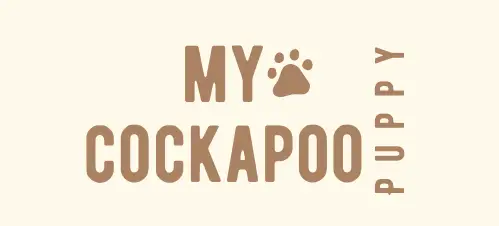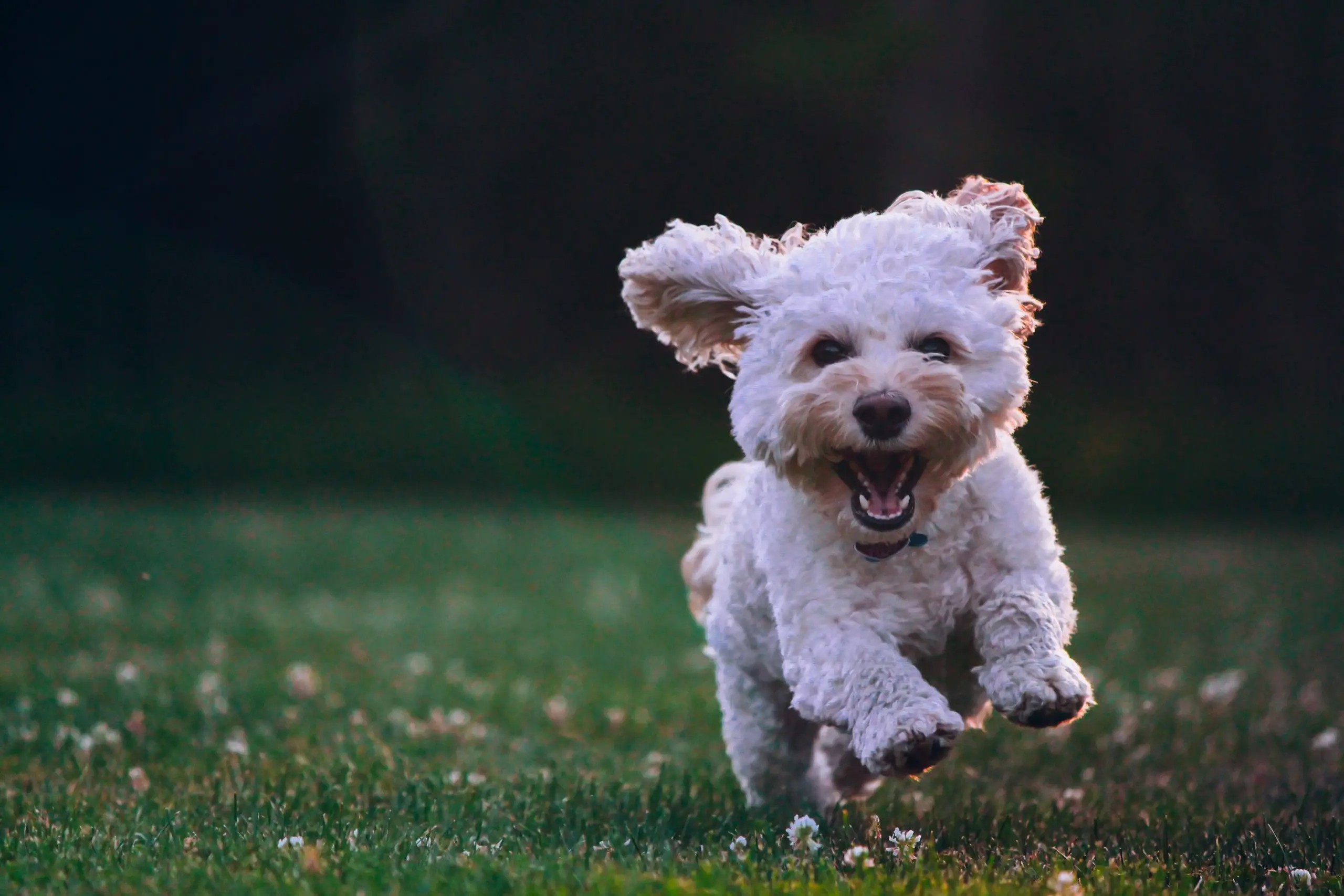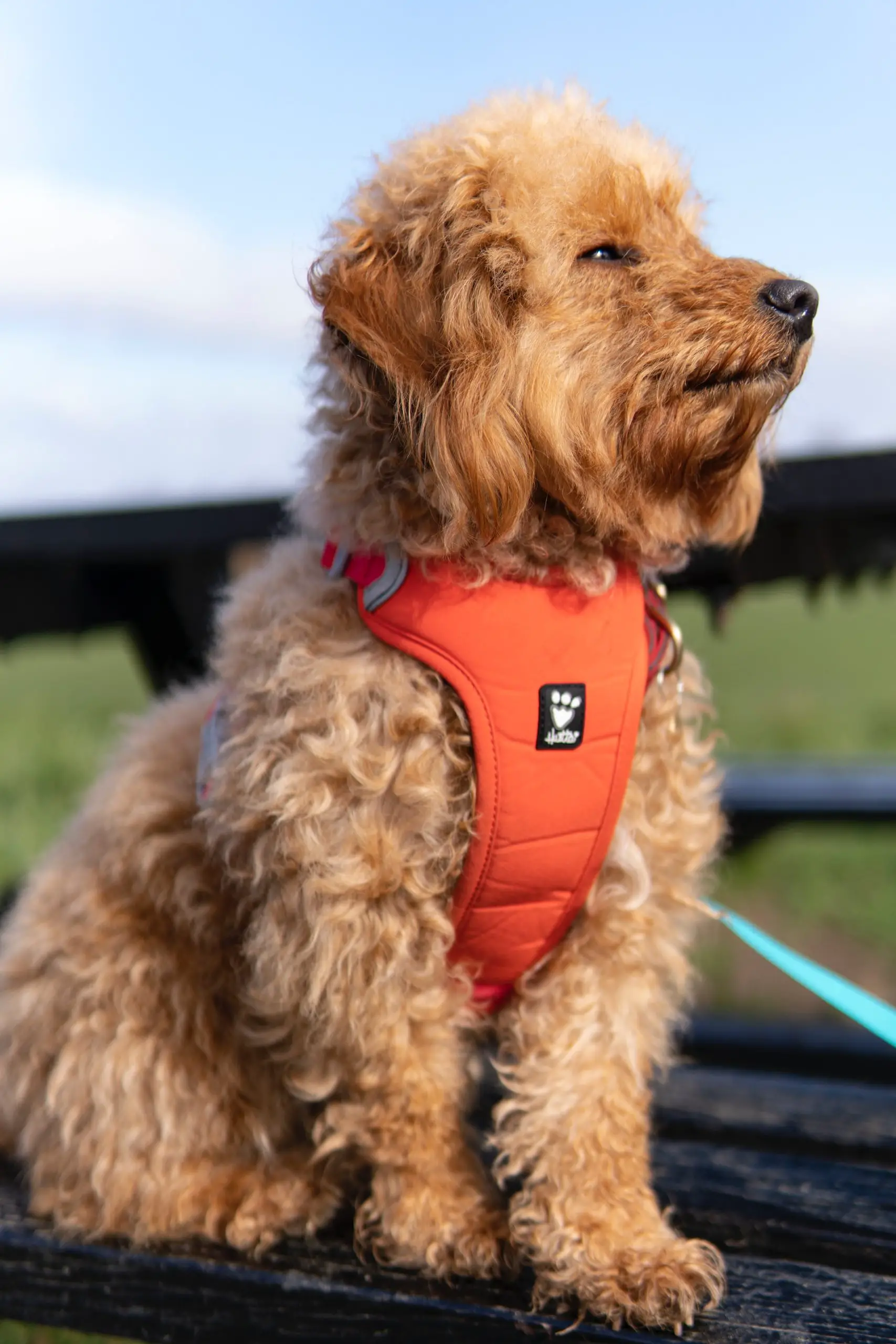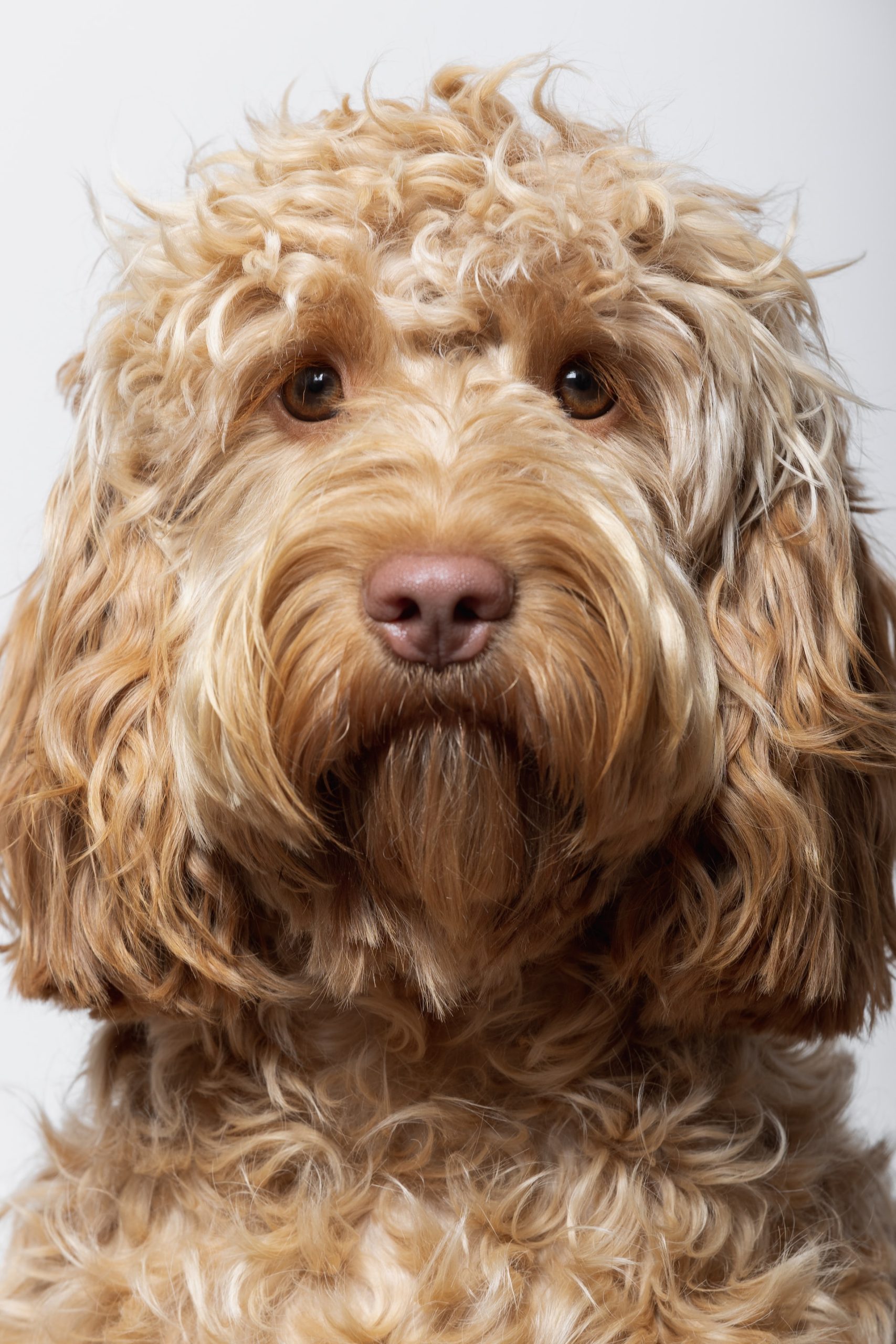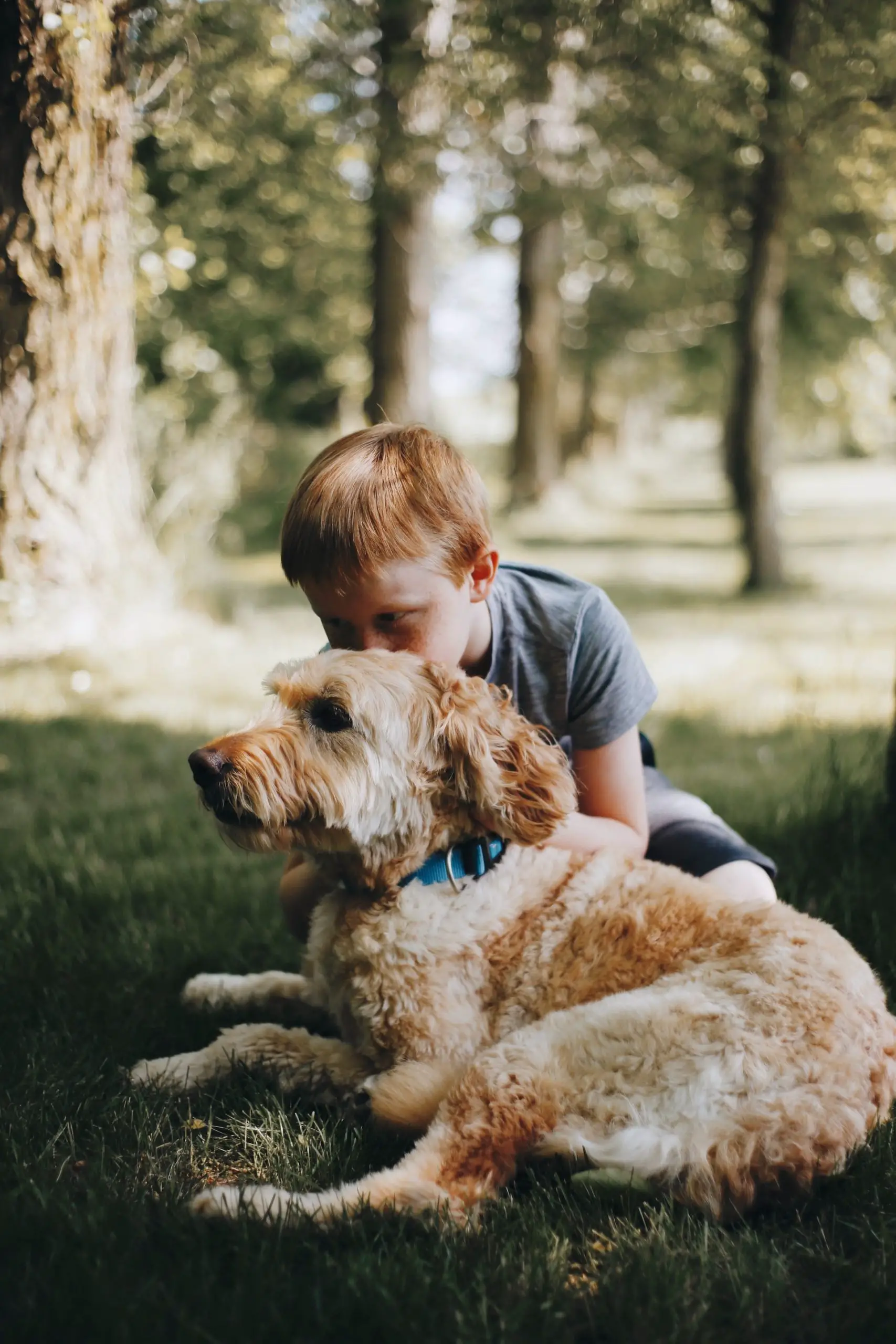You’ve brought home your new puppy and they’re everything you hoped they would be. They’re cute, affectionate, and they seem to love everyone and everything. The only issue is that they also have a bad habit of biting anything and everything…including people!
If you have a new puppy in your life, you know that biting can be part of their development as an adult dog. It may feel like it comes out of nowhere at times but your puppy is likely trying things out to see what works for them.
However, you probably don’t want this habit to continue once they grow into an adult dog. That’s why we are sharing some helpful tips on how to deal with a puppy who keeps biting so that you can nip the behaviour in the bud ASAP!
Tips for Dealing with a Puppy Who Keeps Biting
– Watch your hands: If your puppy bites your hands, it is likely a sign that they are unsure about what you are doing. For example, if you are holding a treat and they bite your hand, it’s likely because they are unsure about what you are doing and are simply trying to hold your hand still so they can reach the treat. If your puppy bites your hands when you are petting them, they may be doing it because they are overstimulated and simply needs you to slow down. You can also try putting your hand in their cage or crate when they are getting fussy to see if they bite you as a way to get your attention.
– Watch your face: If your puppy bites your face, they may be doing it because they are trying to kiss you. If they’re doing it when you’re not expecting it, try turning your head away or moving so they can’t reach you. This may help them understand that they’re not doing it right. If your puppy bites your face when you are petting them, they may be overstimulated and simply need you to slow down.
If your puppy bites both your hands and face, they are likely trying to assert themselves and be dominant over you. You may notice that they do this with other people as well, or that they do it when you try to move them out of a room or off of a piece of furniture. You may also notice that they do this when you feed them or if you try to take something away from them. If your puppy does this, you’ll want to be careful to not reinforce the behaviour by letting them get away with it. Be aware and pay attention to when your puppy does this and give them a firm correction.
– Watch your clothing: If your puppy bites your clothing, they may be doing it because they are teething or simply trying to hold your hand still so they can reach the treats in your pocket.
– Watch your feet: If your puppy bites your feet, they may simply be playing and using them as toys. If they do this when you are not expecting it, try putting shoes on or moving so they can’t reach you.
If your puppy bites both your feet and clothing, they may be doing it because they are trying to play with you. You may notice that they do this when you try to move them or put them onto their bed or into their crate. You may also notice that they do this when you feed them or if you try to take something away from them.
Establish Boundaries and Be Consistent
Puppies explore the world around them by biting and mouthing things. This is their way of learning what things taste like, how they feel, and what they are made of. This is completely normal, but it can make it difficult to teach a puppy not to bite humans since they may not understand that we are different and not part of their exploration.
One of the best ways to prevent biting and teach a puppy not to bite humans is to create boundaries and be consistent with them. When your puppy is exploring and puts their mouth on you, gently but firmly remove them from the area and give them something appropriate to chew on instead, like an appropriately-sized toy or a Nylabone.
When you are consistent with these boundaries and offer your puppy appropriate things to chew on, they will learn how their new human family is different from the rest of the world. They will learn that it is appropriate to explore things with his mouth, but only on select items.
If you would like more information about your Cockapoo teething, then we have written a blog post which you can check out here – When do Cockapoos teeth fall out? – My Cockapoo Puppy
Use Rewards to Condition Behaviour You Like
Rewards are not just for training; they are also a great way to shape behaviour you want to see more of. This can be anything from a treat they enjoy to a game of fetch with one of their favourite toys.
When your puppy bites you, simply ignore them and walk away. If the biting happens while they’re playing with a toy, simply put the toy away and ignore them.
Your actions should communicate that biting is not acceptable. If biting is happening while your puppy is playing with their favourite toy, you can condition the behaviour you like by grabbing the toy, giving a reward (like a treat or praise), and then giving the toy back to your puppy. By doing this, you are teaching your puppy that biting is okay when he plays with his toy, but not when he bites you.
Don’t Panic When Your Puppy Bites and Try Not to React
When your puppy bites you, it can be easy to panic and overreact. However, this can make the situation worse since your puppy may interpret your reaction as excitement.
When your puppy bites you, do your best to remain calm and simply pick them up, put them in their cage or crate, and ignore them.
If your puppy bites you in a spot where they may break the skin, you may want to use a bitter apple spray or a taste deterrent, to let them know that biting is not okay.
You can also offer them a toy to chew on so they can redirect their attention. It can be helpful to keep a journal where you write down when the biting occurs and what could have triggered it. This can help you to recognise potential patterns and see what you can do to avoid or respond to biting in the future.
Bottom line
Biting is a normal part of puppy development, but it is important to nip the behaviour in the bud when you can. One of the best ways to do this is to be consistent with boundaries and offering appropriate things to chew on. If your puppy is biting, be aware of what they may be trying to do and why, and then respond in a calm and consistent way. Teach all of your family members to behave in the same way too so that everybody in your household is being consistent. This will help you to nip the behaviour in the bud and have a calmer household as a result.
